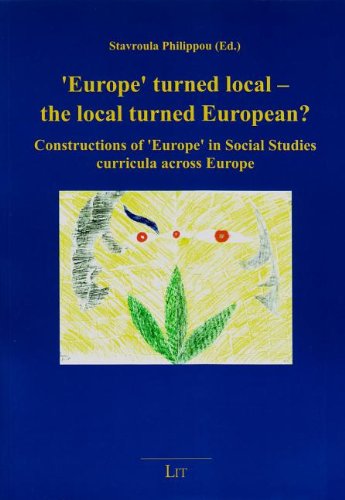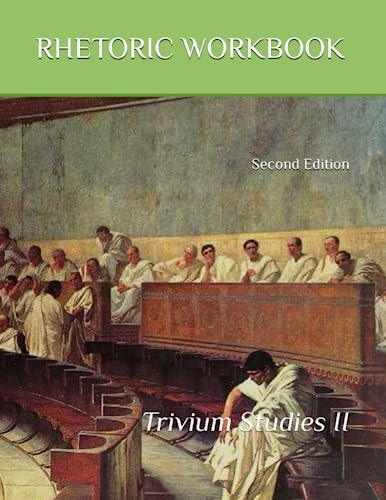This book draws theoretically and methodologically from the sociology of curriculum, educational policy, and comparative education to meta-analyze the findings of nine separate studies exploring constructions of “Europe” in the secondary school curricula of Social Studies from a number of countries: Germany, Greece, France, Poland, Cyprus, Sweden, Ireland, and Northern Ireland, as well as the Autonomous Community of the Basque Country (Spain). The objectives of the book are threefold: first, to explore constructions of “Europe” and “European identity-citizenship” in these countries’ curricula; second, to explore whether, and, if so, how these findings indicate a “Europeanization” of national curricula; and third, to discuss the similarities, differences, continuities, discontinuities, and tensions identified when comparing these curricula. (Series: Europa lernen. Perspektiven fur eine Didaktik europaischer Kulturstudien – Vol. 2)
“Europe” turned local – the local turned European?: Constructions of “Europe” in Social Studies curricula across Europe (2) (Europa lernen. Perspektiven fur eine Didaktik europaischer Kulturstudien)
$9.99
This textbook provides a comparative analysis of European social studies curricula, benefiting students of education and sociology.
Additional information
| Weight | 0.454 lbs |
|---|---|
| Dimensions | 14.6 × 2 × 21 in |






Reviews
There are no reviews yet.